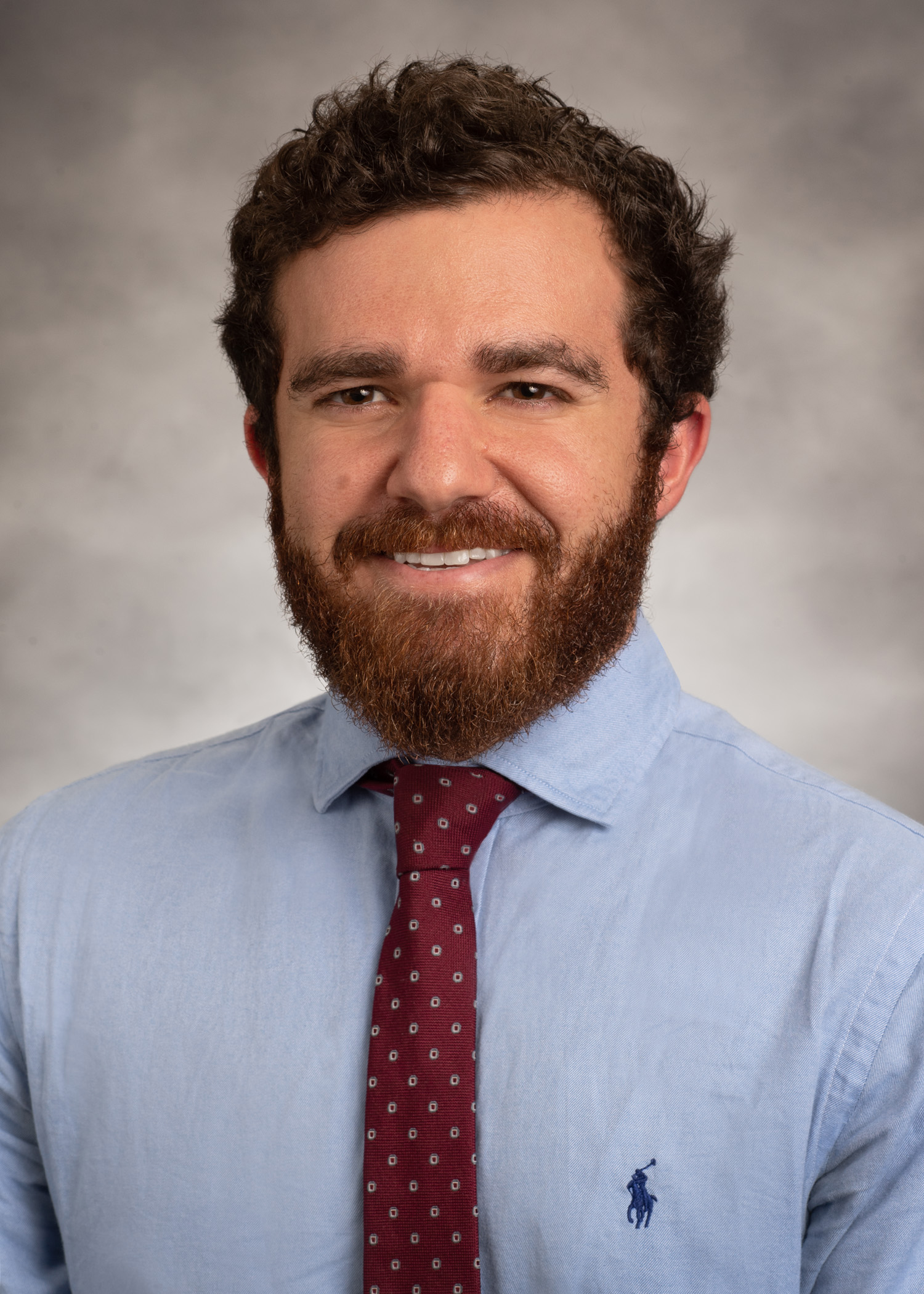Recognizing Future Public Health Leaders: Jack Alperstein’s Public Health Journey from the Peace Corps to his MPH

On the Monday before Thanksgiving, Research!America and leading public health organizations take the time to say “thank you” to our public health workforce who work tirelessly every day to protect us from disease, injury, and other health threats. This year’s theme “Why Public Health?” calls attention to the ways public health professionals work to promote and protect health and shines a light on their dedication to serving communities across the country. This year, we’re highlighting the future leaders of public health, Master of Public Health (MPH) students and recent MPH graduates, in this new blog series.
Jack Alperstein is a second-year MPH student at the Rollins School of Public Health at Emory University, where he is studying epidemiology and environmental health. As a returned Peace Corps volunteer, Jack has domestic and global experience working with communities to address public health issues and promote health. In addition to being a full-time student, Jack works part-time at the Carter Center as the quantitative analytics and epidemiology assistant for the Trachoma Control Program. We asked Jack about his path into public health. Here are some of his insights:
Why did you choose to study public health?
“I chose to study public health because I wanted to make a large, positive difference in my community. I was drawn to the idea of making small changes that could benefit more people than perhaps a doctor could on an individual patient level. While every part our health care network is important, I see myself taking large amounts of data and helping those that might not often have a voice.”
What do you think are the most pressing issues in public health today?
“I think the most pressing issue in public health today revolves around the environment. The way we are consuming energy in unstable ways, the pollution it creates, and the uninhabitable climate that could lead to greater health risks and environmental problems down the road is a monumental hurdle to consider. Not only do we have to think about mitigating our emissions, but now we must think about adapting to an uncertain future in a world in which we have not yet known. This will touch everything from food production to water scarcity to changes in disease transmissions that we must prepare for in some way.”
Upon graduating, what do you plan to do with your degree?
“I hope to continue my work in the environmental health space possibly working with the EPA (Environmental Protection Agency), state or local air pollution boards, or the environmental divisions within the CDC (Centers for Disease Control and Prevention).”
Could you share any advice for anyone who wants to pursue a degree in public health? What have been some of the challenges you have experienced?
“The best advice I could give somebody who wants to pursue a degree in public health is to find ways to experience the health challenges of those different from yourself. This could be through state or local public health department jobs, volunteer activities, or outreach events through local community functions. I served in the Peace Corps, but there are many ways to enrich your understanding of the world and how peoples’ health are affected in unique ways. This can help you to develop a foundation in which to base your interventions and frame your large-scale health understanding in a real-world context.”
How can we inspire a younger generation to be interested in pursuing a career in public health?
“We can inspire a younger generation to be interested in pursuing a career in public health by reinforcing the public health wins that have come not only over the last few years during the pandemic, but also through the successes of prior campaigns. I am constantly impressed by the work done during the eradication of smallpox, the war on polio, the incredible improvement on childhood life expectancy over the last 50 years, and the optimism seen in those living with HIV/AIDS. Every win takes a team of governments and a massive number of individuals contributing to a common goal. There would be no greater contribution in my career than working to solve a problem greater than myself.”




